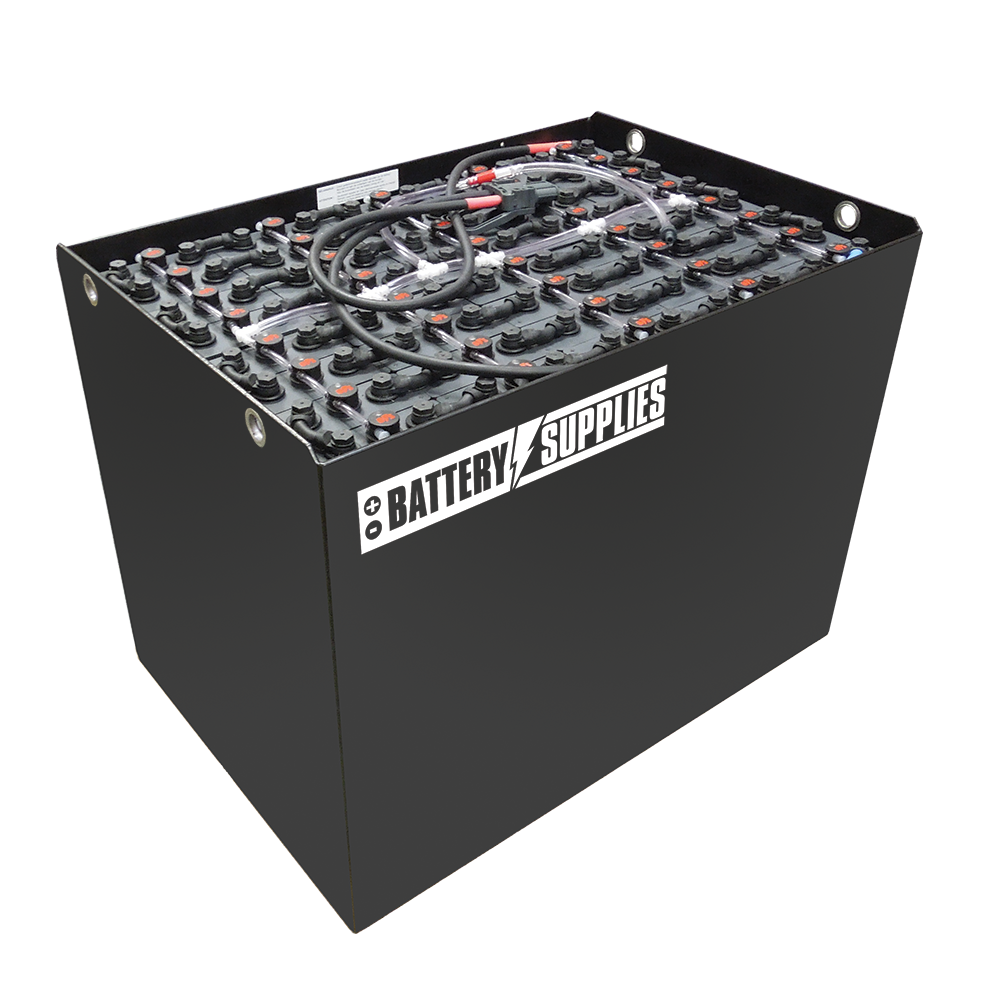PzS & PzB traction battery technology
Enhancing your industrial power solutions
When it comes to powering electric forklifts, AGVs, and other industrial vehicles, PzS and PzB traction battery technologies stand out as reliable and efficient solutions. At Battery Supplies NV, we understand the importance of dependable energy sources for businesses that rely on material handling equipment, supply chain operations, and large fleet management.
What are PzS and PzB traction batteries?
PzS and PzB refer to types of lead-acid batteries designed for deep-cycle applications. PzS batteries, known for tubular plate technology, offer higher capacity and extended lifespan due to their robust design. On the other hand, PzB batteries provide a more compact solution, often used where space is a constraint but reliability and performance cannot be compromised.

Technical features and benefits
- High capacity (exceed nominal values of international standards)
- Resistance to vibrations
- Short charging times
- Low consumption of distilled water
- Simple maintenance
- High performance, reliability and long service life
- High energy density
- Robust and durable construction
- High quality raw materials and components
- Recyclable
Applications
- Forklifts
- Industrial cleaning machines
- Pallet jack
- Access equipment
- AGV
- Marine
- GSE
Our 2V cells and traction batteries are the most representative solution offered for our customers in the material handling industry. They are the proven vented solution with excellent reliability and long service life, using premium quality materials. The cell design, state of the art production equipment and premium quality materials provide high end performance, excellent reliability and long service life.
Our PzS & PzB cell ranges, fully comply to the IEC 60254-1/2, DIN 43531, DIN 43535, DIN 43536, DIN 43537, EN 62485-3 standards and are available in DIN dimensions, ensuring full compatibility and flexibility for all battery applications. Positive tubular plate diameter 8.7 mm (more active material!), specific gravity
of the electrolyte 1.29kg/l..